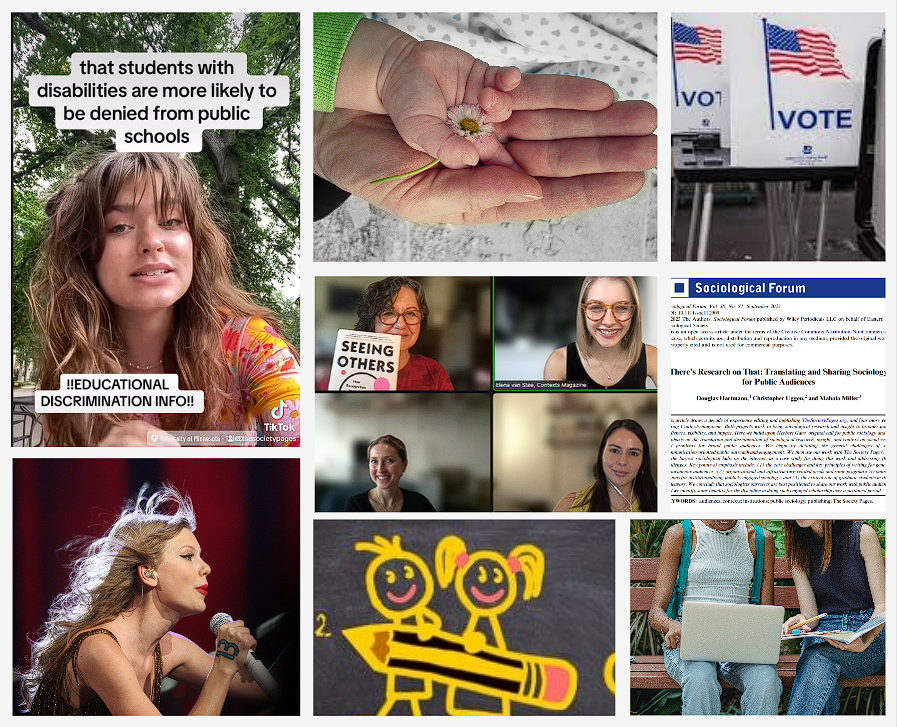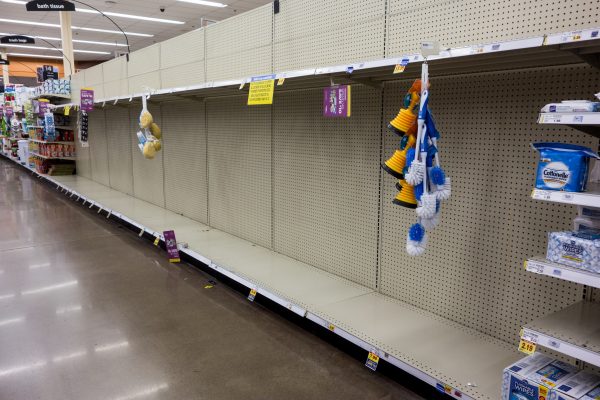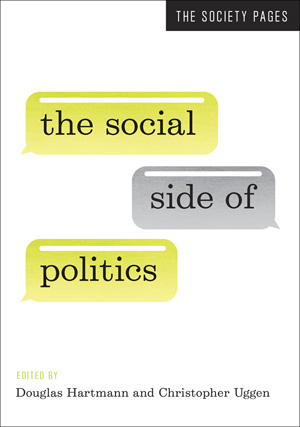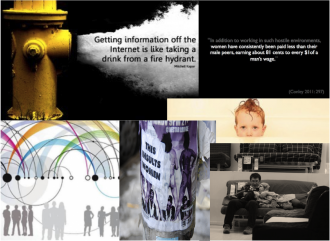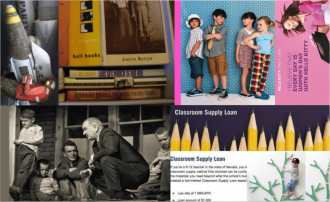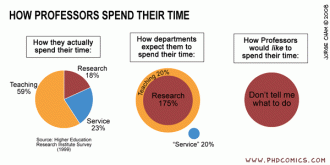
New & Noteworthy
Mason Jones and I published a new Discovery on work by Catherine Sirois, Dependent, Delinquent, or Denied? In her research, Sirois found resource scarcity was causing social workers and probation officers to be “institutional offloading” youth who required lots of time and attention.
Mallory Harrington’s media report on Clippings includes Casey Stockstill in Chalkbeat on her new book False Starts: The Segregated Lives of Preschoolers, A.J. Jacobs in CNN on raise increases in Toyota, Honda, and Hyundai factors – possibly a preemptive move to prevent union organizing, Kevin Woodson in Fortune on his new book The Black Ceiling: How Race Still Matters in the Elite Workplace, and Mariana Luzzi in Barron’s on Argentina’s inflation and poverty crisis.
From the Archives
In the United States, Thanksgiving is around the corner. This holiday is notorious for family conflict around the dinner table, especially with politics. Learn more about some sociology behind this phenomenon from our video and TROT, “Visual Soc: Family Meal Conflict” by Isabel Arriagada and Mahala Miller.
Black Friday is also this week. Check out Nathan Palmer‘s piece on this consumer holiday to learn about the ritualization of this shopping frenzy.
More from our Partners & Community Pages
Contexts has their Fall 2023 issue to read before 12/15 for free:
- Fall 2023 issue of ASA’s Contexts Magazine, including pieces on cannabis, obesity, parenting, and more!
In case you missed it, Engaging Sports latest:
- A piece on CrossFit by Kevin M. Anzzolin. As a former CrossFitter I can wholeheartedly endorse this piece – highly recommended read.
First Public’s latest:
- Dialogues on Intro to Sociology Textbooks with Shamus Khan and Dalton Conley


